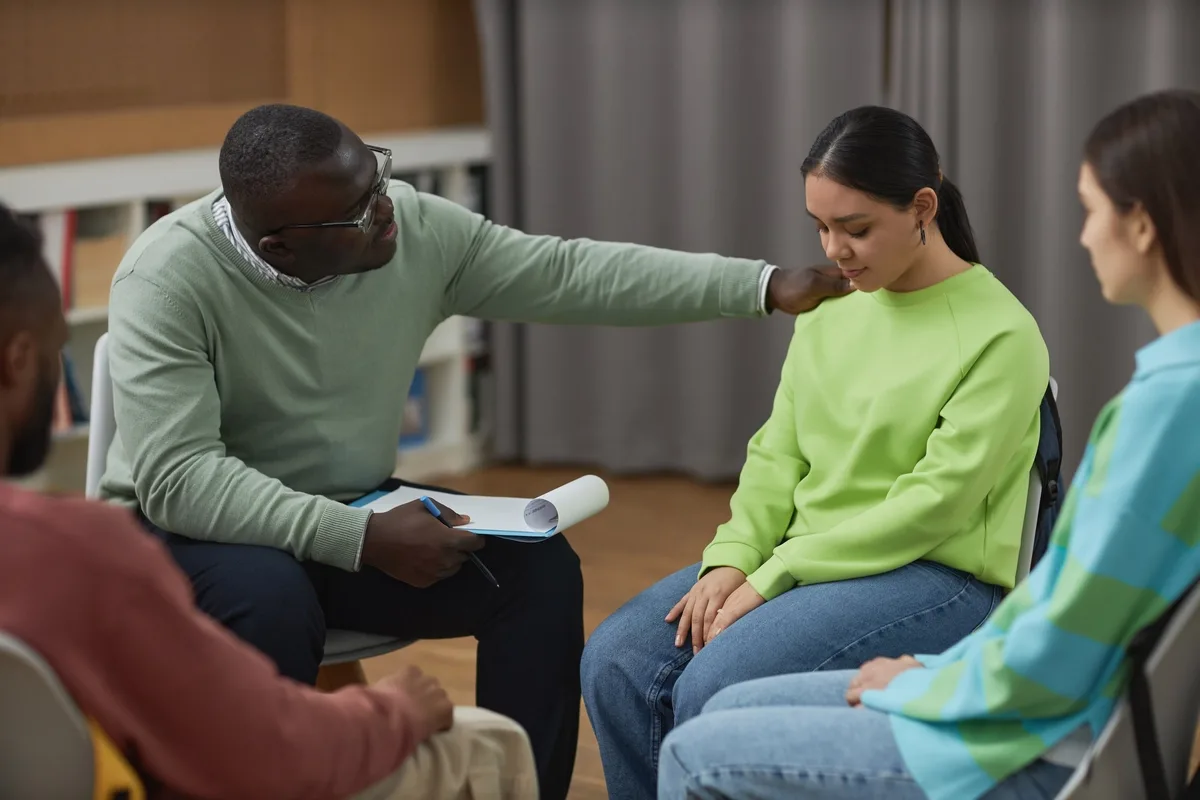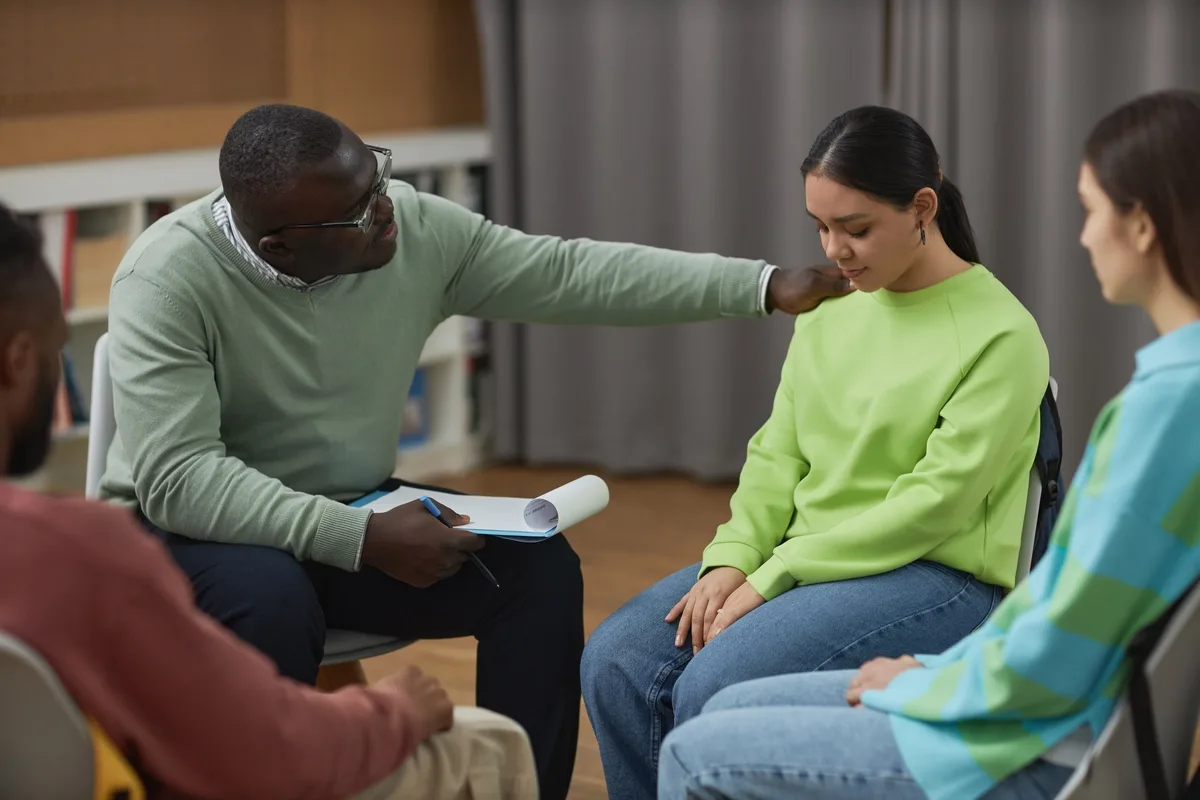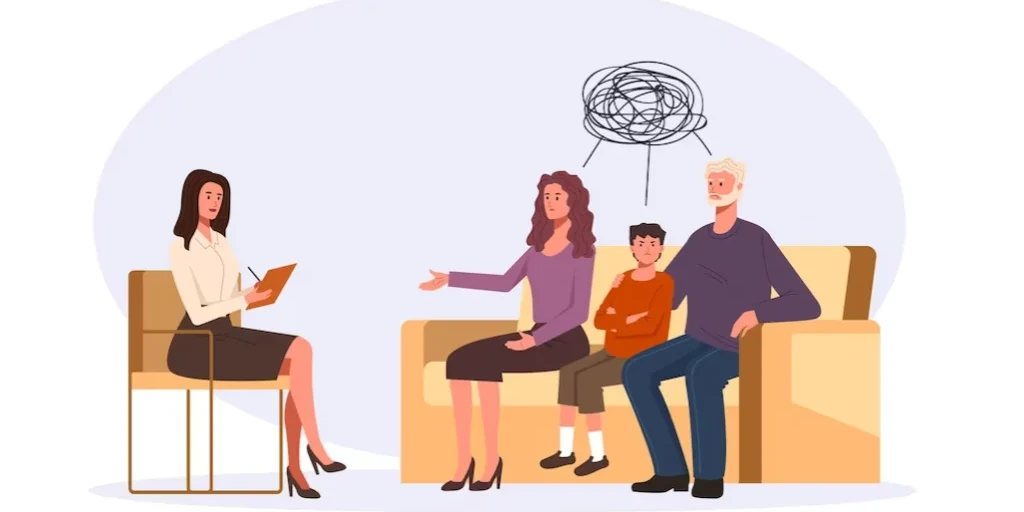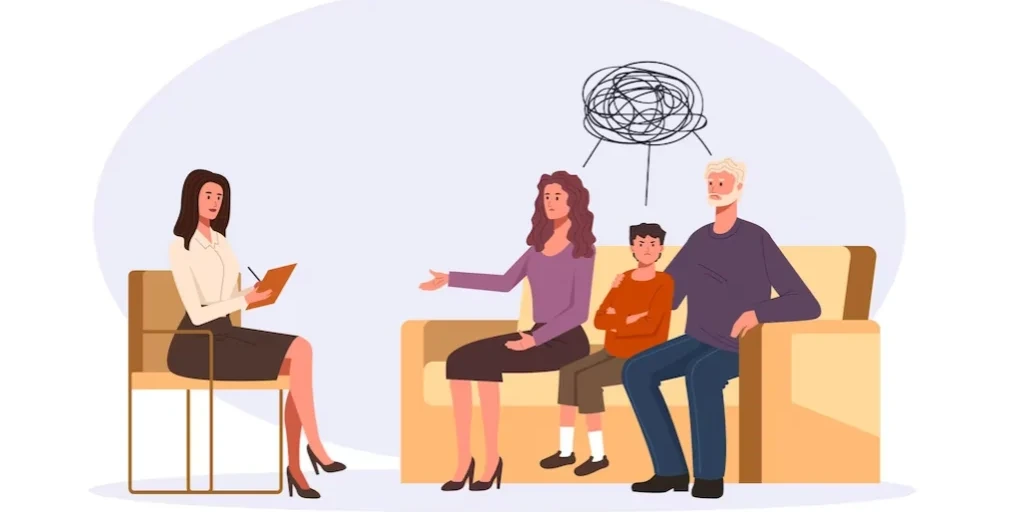24/7 Helpline:
(866) 899-111424/7 Helpline:
(866) 899-1114
Learn more about Individual Therapy centers in Cave Spring
Individual Therapy in Other Cities

Other Insurance Options

Access to Recovery (ATR) Voucher

Providence

Optima

Ceridian

United Health Care

Aetna

Medical Mutual of Ohio

Evernorth

GEHA

Horizon Healthcare Service

Self-pay options

MVP Healthcare

Magellan Health

Kaiser Permanente

WellPoint

EmblemHealth

ComPsych

Health Net

Regence

Health Choice

New Horizons Treatment Center
New Horizons Treatment Center is a private rehab located in Rome, Georgia. New Horizons Treatment Ce...

Highland Rivers Health – Floyd Recovery and Wellness Center
Highland Rivers Health provides a variety of treatment programs and services to meet your individual...

Rome Memorial Hospital – Senior Behavioral Health Unit
Rome Memorial Hospital – Senior Behavioral Health Unit is a private rehab located in Rome, New York....

Neighborhood Center – Behavioral Health
Neighborhood Center – Behavioral Health is a private rehab located in Rome, New York. Neighborhood C...

















































AA – Alcoholics Anonymous – Meeting Information
AA – Alcoholics Anonymous – Meeting Information is a non-profit rehab located in Rome, Georgia. AA –...

Highland Rivers Health – Crisis Stabilization
Highland Rivers Health - Crisis Stabilization provides a wide variety of behavioral healthcare servi...

Center for Family Life and Recovery
Center for Family Life and Recovery provides Prevention, Mental Health, and Behavioral Services, as ...
Beacon Center
Beacon Center - West Liberty Street offers outpatient treatment for individuals with alcohol and/or ...

























































